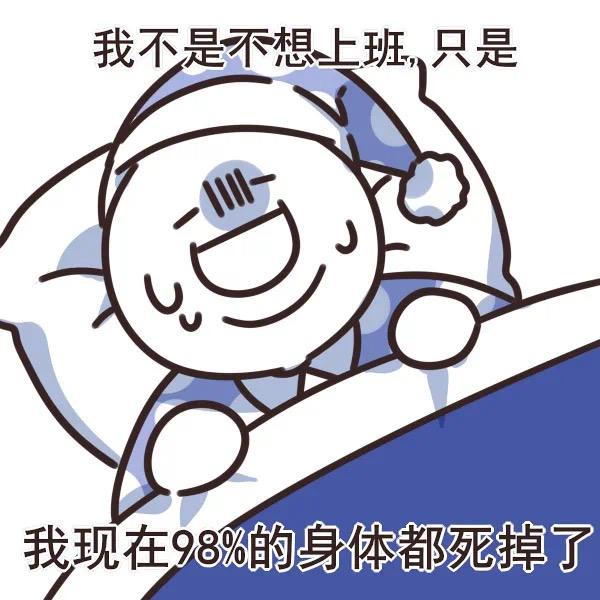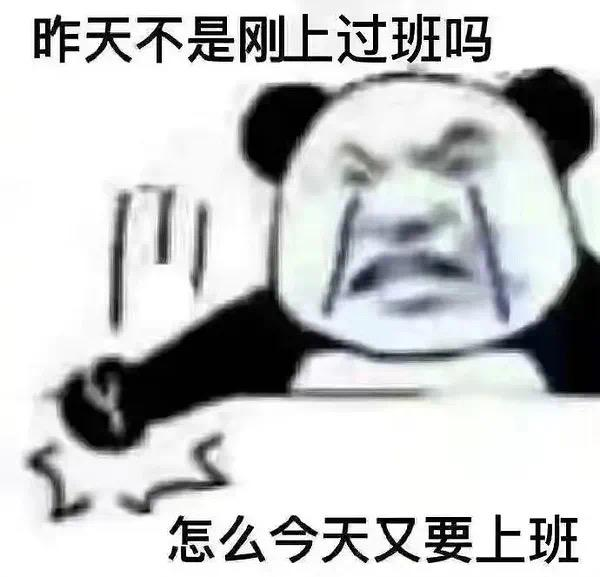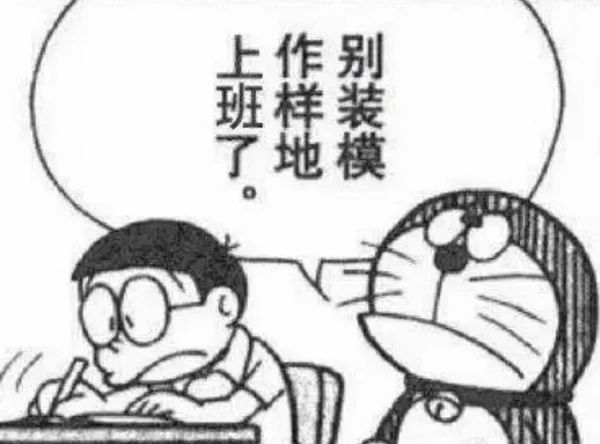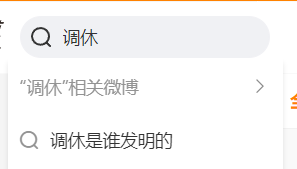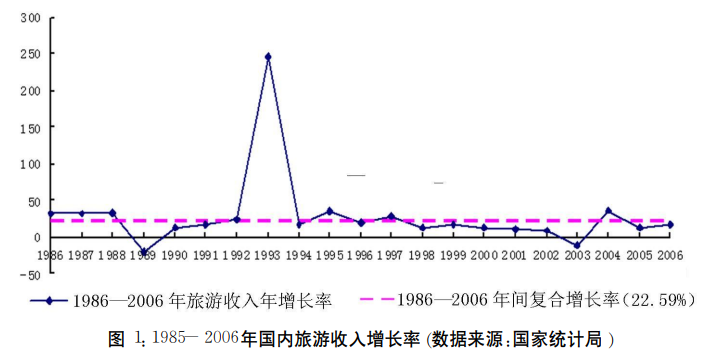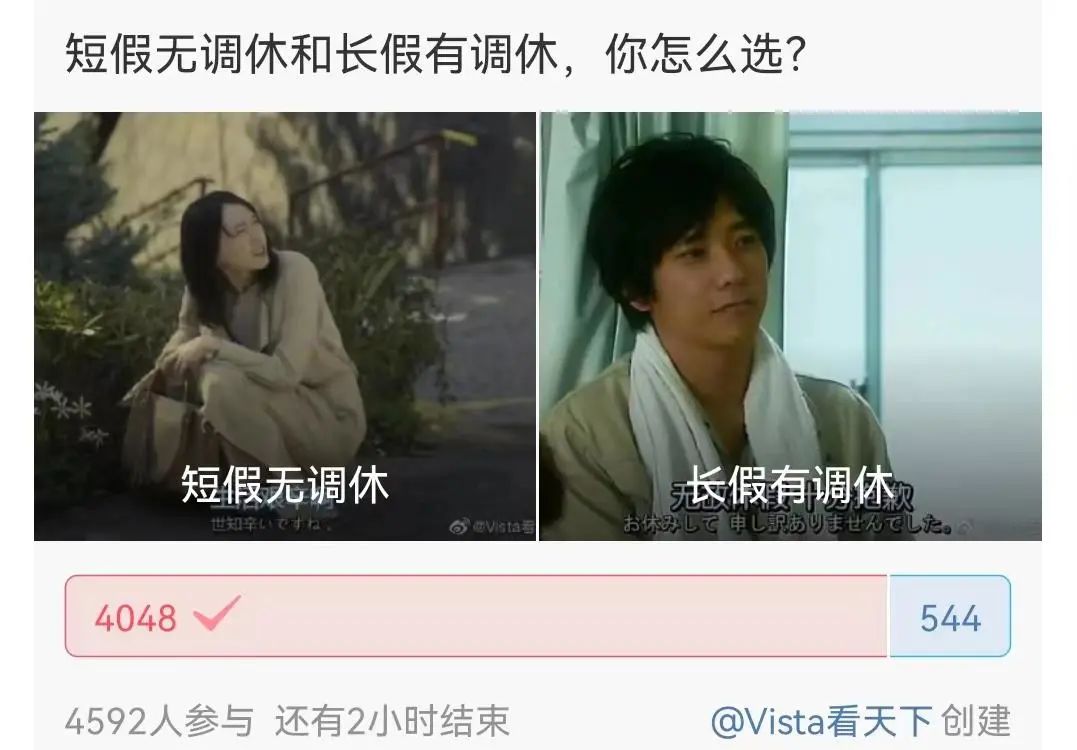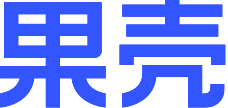[1] Kahneman, D., & Tversky, A. (1990). Prospect theory: An analysis of decision under risk. In P. K. Moser (Ed.), Rationality in action: Contemporary approaches; Rationality in action: Contemporary approaches(pp. 140-170, Chapter vi, 493 Pages). Cambridge University Press, New York, NY.
[2] Baumeister, R. F., Bratslavsky, E., Finkenauer, C., & Vohs, K. D. (2001). Bad is stronger than good.Review of General Psychology, 5(4), 323-370.
[3] Geurts, S. A., & Sonnentag, S. (2006). Recovery as an explanatory mechanism in the relation between acute stress reactions and chronic health impairment. Scandinavian Journal of Work Environment & Health, 32(6), 482-492.
[4] Yamashita, T., Bardo, A. R., & Liu, D. (2016). Are East Asians happy to work more or less? Associations between working hours, relative income and happiness in China, Japan, South Korea and Taiwan. Asian Journal of Social Psychology, 19(3), 264-274.
[5] Hu, N., Chen, J., & Cheng, T. (2016). The associations between long working hours, physical inactivity, and burnout. Journal of Occupational and Environmental Medicine, 58(5), 514-518.
[6] Heintzelman, S. J., & King, L. A. (2019). Routines and meaning in life. Personality and Social Psychology Bulletin, 45(5), 688-699.
[7] 吴才智,荣硕,朱芳婷,谌燕 & 郭永玉.(2018).基本心理需要及其满足. 心理科学进展(06),1063-1073.
[8] 清华大学假日制度改革课题组 & 蔡继明.(2009).中国假日制度改革的政治经济学分析. 学习与探索(05),30-39.
[9] 蔡继明.(2014).关于进一步调整完善我国节假日制度的建议. 人文杂志(07),22-29.
[10] 安金明.(2019).基于形成旅游经济链条,促进内需大发展的中国假日制度改革研究. 经济界(02),12-18.
[11] Hou, W. K., Lai Francisco, T. T., Ben-Ezra, M., & Goodwin, R. (2020). Regularizing daily routines for mental health during and after the COVID-19 pandemic.Journal of Global Health, 10(2)
[12] Derks, D., van Mierlo, H., & Schmitz, E. B. (2014). A diary study on work-related smartphone use, psychological detachment and exhaustion: Examining the role of the perceived segmentation norm. Journal of Occupational Health Psychology, 19(1), 74-84.



